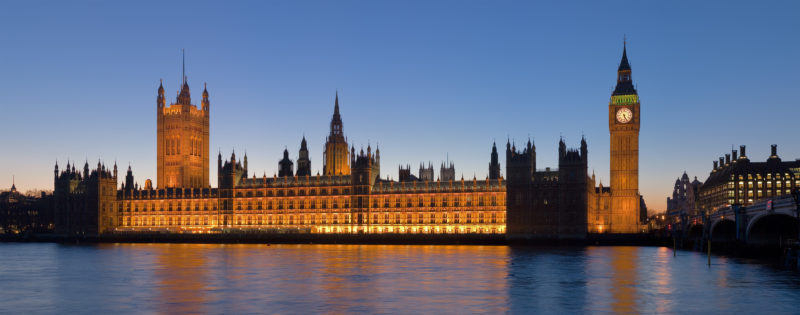Yasmin Qureshi Labour Member of Parliament for Bolton South East

I have long advocated for greater transparency around, and scrutiny of, trade deals. Trade deals can have long-term, far-reaching consequences, but despite this, MPs, devolved administrations, and the public have no real ability to scrutinise them.
When challenged on this, the Government has rejected any attempts at reform, happy to keep the status quo where it essentially has a monopoly on trade deal negotiations.
The Government’s Trade Bill is currently going through Parliament. In the December 2019 Queen’s Speech, the Government said that the Trade Bill would ensure our trade policy “reflects the needs and potential of the whole UK and helps to create a country that is more united and more outward-looking than ever before”. It said it would establish in law the fundamental tools for “the best international trading framework for the UK”.
Unfortunately, I believe the Trade Bill comes nowhere near achieving these aims. Instead, the legislation that enables the UK to manage its own trade policy and ratify our own independent trade agreements, far from restoring parliamentary sovereignty, deprives MPs of any say – let alone a final vote – on the content of future trade deals.
This is why I supported new clause four (NC4) on parliamentary approval of trade agreements at the Bill’s Report Stage in the House of Commons in July. This amendment would have provided for many of the elements of good scrutiny practice that a modern, confident, outward-looking country should have, including: a vote on negotiating mandates; consultation with the devolved Administrations; and a vote on trade deals by both Houses of Parliament. Unfortunately, the Government opposed NC4 and it failed to make it into the Bill.
Having left the EU, and as we recover from the coronavirus pandemic, we will need to agree new trade deals that benefit UK workers and businesses of all sizes. However, these agreements must serve our long-term interests. Unfortunately, the Trade Bill, by containing no provision for proper parliamentary scrutiny of trade negotiations and agreements, allows the negotiation, signing and ratification – without a single House of Commons debate – of trade deals that could threaten local industries, leave our health services open to US healthcare corporations and undermine food, farming and environmental standards and consumer protections.
I will of course look closely at any amendments made to the Trade Bill in the House of Lords when they are considered by the House of Commons. I can assure you I remain committed to ensuring that Parliament can properly scrutinise trade negotiations and trade deals.
